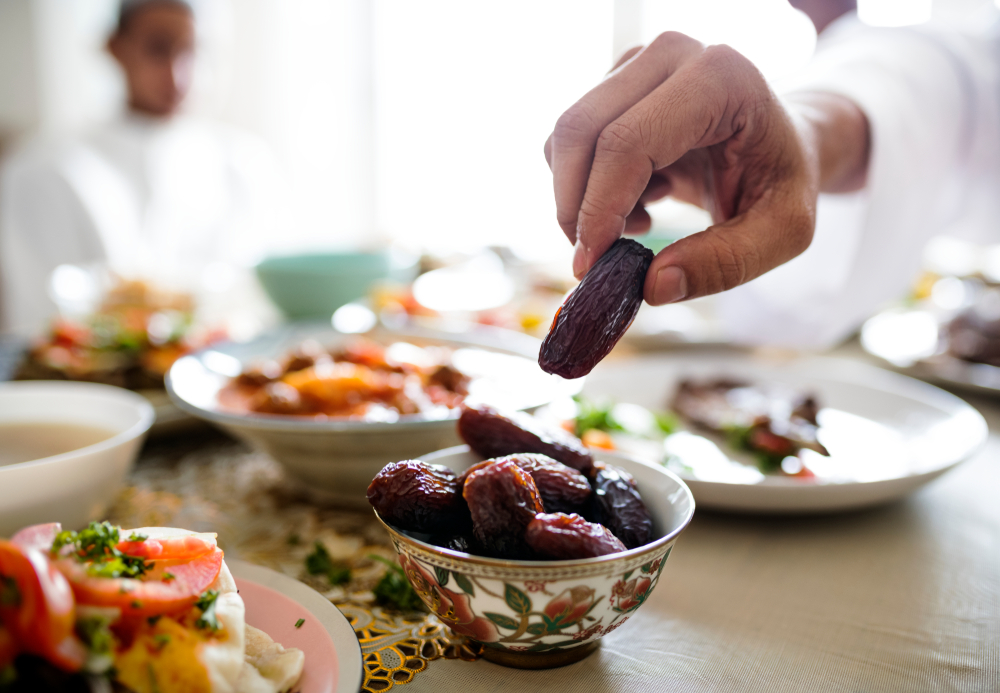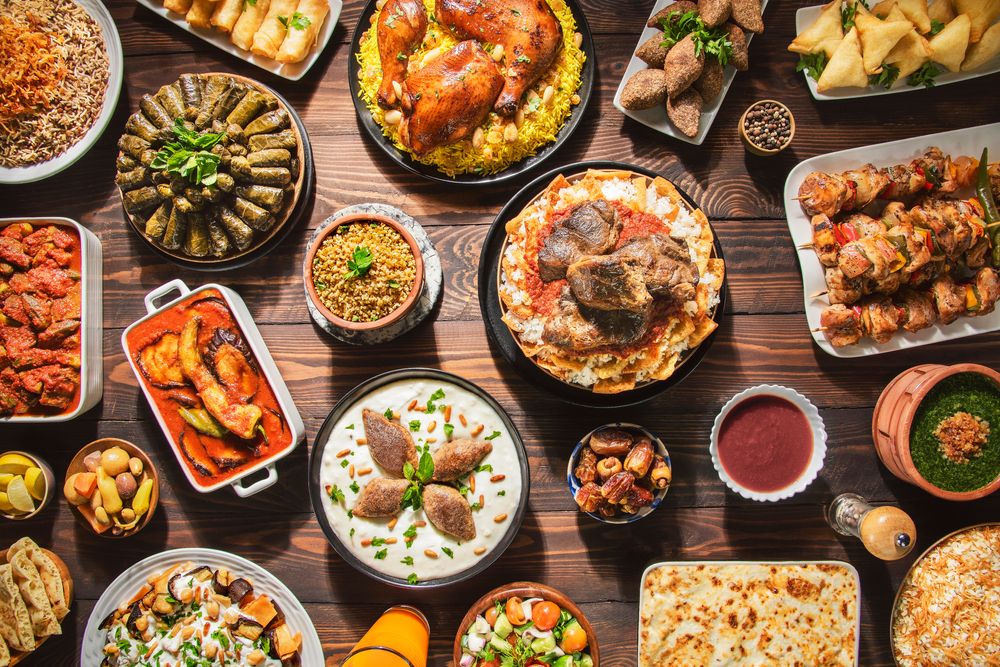Ramadan, the ninth month of the Islamic lunar calendar, is a time of deep spiritual reflection, self-discipline, and heightened devotion for Muslims worldwide. While fasting from dawn till dusk is the most widely recognized aspect of Ramadan, there’s much more to this sacred month than meets the eye. Beyond the individual spiritual journey, Ramadan fosters a profound sense of community, empathy, and social responsibility. In this article, we’ll uncover ten facts about Ramadan that shed light on its significant social impact, including the essential practice of Zakat.
1. Zakat: A Pillar of Social Justice
Among the Five Pillars of Islam, Zakat holds a crucial place. It’s the obligatory giving of a portion of one’s wealth to those in need, serving as a means of achieving social justice and equality. During Ramadan, the practice of Zakat donation is particularly emphasized, as Muslims are encouraged to purify their wealth by giving to those less fortunate. This act of charity not only alleviates the suffering of the needy but also strengthens bonds within the community as individuals come together to support one another.
2. Iftar: Breaking Bread and Building Bonds
The daily fast during Ramadan is broken with the Iftar meal, which holds immense social significance. Families, friends, and even strangers gather to share this meal, fostering a sense of unity and solidarity. Iftar gatherings often involve preparing and sharing traditional dishes, symbolizing generosity and hospitality. These communal meals provide opportunities for Muslims to strengthen relationships, reconcile differences, and extend kindness to others.

3. Taraweeh Prayers: Spiritual Connection and Community
In addition to the five daily prayers, Muslims engage in special nightly prayers called Taraweeh during Ramadan. These prayers offer a chance for spiritual reflection and communal worship. Communities come together in mosques or homes to perform Taraweeh prayers, creating a sense of shared devotion and support. The collective recitation of the Quran during Taraweeh fosters a deep connection to the holy text and reinforces the bonds of brotherhood and sisterhood among believers.
4. Increased Acts of Charity
Ramadan inspires a spirit of generosity and compassion, prompting Muslims to increase their charitable deeds. Beyond Zakat, many choose to give voluntary donations, known as Sadaqah, throughout the month. These contributions support various causes, including feeding the hungry, providing medical assistance, and supporting educational initiatives. The collective effort to alleviate suffering and address societal needs underscores the values of empathy and altruism central to Ramadan.
5. Enhanced Focus on Service and Volunteerism
As Muslims strive to embody the teachings of Islam during Ramadan, there’s a heightened emphasis on serving others and giving back to the community. Many individuals participate in volunteer activities such as distributing food to the needy, organizing community events, or visiting the sick and elderly. These acts of service not only benefit those in need but also foster a sense of fulfillment and purpose among volunteers, strengthening the fabric of society.
6. Emphasis on Forgiveness and Reconciliation
Ramadan is a time for introspection and self-improvement, including seeking forgiveness and reconciling with others. Muslims are encouraged to forgive past grievances, mend broken relationships, and extend kindness even to those who have wronged them. This emphasis on forgiveness promotes healing, harmony, and peace within families, communities, and society at large.
7. Heightened Awareness of Social Issues
Through the lens of fasting and spiritual reflection, Ramadan raises awareness of pressing social issues such as poverty, hunger, and inequality. Muslims are encouraged to reflect on their privilege, practice gratitude, and take action to address systemic injustices. This increased social consciousness sparks conversations and initiatives aimed at creating positive change and promoting social justice year-round.
8. Inclusive Spirit of Ramadan
Ramadan embraces people of all backgrounds, fostering a sense of inclusivity and belonging. Non-Muslims often participate in Iftar meals, community service projects, and interfaith dialogues during Ramadan, strengthening bonds of friendship and understanding. This inclusive spirit reflects the universal values of compassion, hospitality, and solidarity that lie at the heart of Islam.
9. Supportive Community Networks
The sense of community cultivated during Ramadan extends beyond the month itself, creating lasting bonds and support networks. Through shared experiences, prayers, and acts of kindness, individuals forge connections that endure beyond Ramadan, providing emotional support, encouragement, and assistance in times of need.
10. Legacy of Compassion and Generosity
Ultimately, Ramadan leaves a lasting legacy of compassion, generosity, and social responsibility. The values instilled during this sacred month continue to inspire individuals and communities to strive for a better world, where empathy, justice, and solidarity prevail.
In conclusion, Ramadan is far more than just a period of fasting; it’s a time of profound spiritual growth, communal unity, and social transformation. Through practices such as Zakat, Iftar gatherings, acts of charity, and volunteerism, Muslims around the world deepen their connection to their faith and their commitment to serving humanity. As we reflect on the significance of Ramadan, may we carry its lessons of compassion, empathy, and solidarity forward throughout the year.






